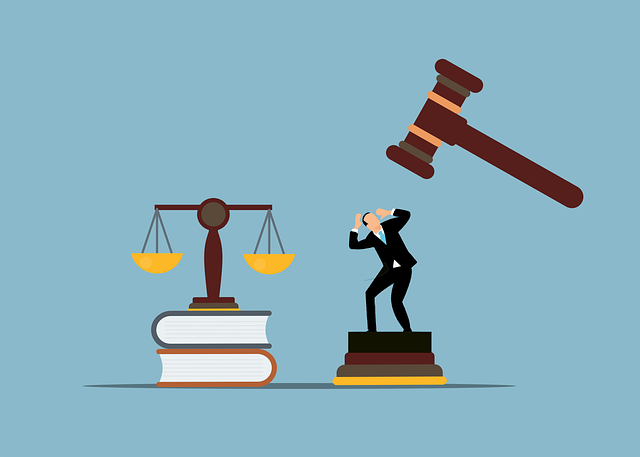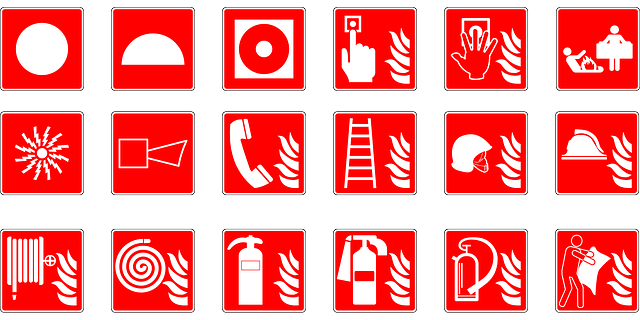Oregon's child-related legal system prioritizes minor's best interests, offering a comprehensive network of legal resources support. Individuals must first identify the appropriate court with jurisdiction over their specific issue (custody, adoption, or protection orders). Free or low-cost aid is available from local Legal Aid services and non-profit family law organizations. State Bar associations connect you with specialized attorneys, while self-help centers within courts provide information for pro se litigants. Understanding your specific need and utilizing these legal resources support programs empowers informed decision-making throughout the process.
Accessing legal support for child-related issues in Oregon can be a complex task, but understanding your rights and available resources is crucial. This comprehensive guide navigates Oregon’s legal system, identifying key organizations and legal resources dedicated to child welfare. We outline practical steps to accessing these vital services, ensuring parents, guardians, and caregivers can effectively advocate for their children’s best interests. Discover how to find the right support, from advocacy groups to pro bono services, and take control of your family’s future.
- Understanding Oregon's Legal System for Child-Related Matters
- Identifying Available Legal Resources and Organizations
- Navigating the Process: Steps to Accessing Legal Support
Understanding Oregon's Legal System for Child-Related Matters

Oregon, like many states, has a structured legal system when it comes to child-related issues. Understanding this framework is crucial for anyone seeking legal support for such matters. The state’s court system is designed to handle various child welfare and family law cases, ensuring that the best interests of minors are at the forefront.
Legal resources support in Oregon is accessible through a network of courts, legal aid organizations, and private attorneys specializing in family law. Parents, guardians, or concerned individuals can navigate this system by first identifying the relevant court with jurisdiction over their specific child issue, whether it’s related to custody, adoption, or protection orders. This initial step is vital as it determines the course of action and the resources available to assist in resolving the child-related matter effectively.
Identifying Available Legal Resources and Organizations

In Oregon, a variety of legal resources and organizations are available to provide support for child-related issues. Parents and guardians can start by reaching out to local Legal Aid services, which offer free or low-cost legal assistance to those who cannot afford private counsel. These services cover a wide range of topics, including custody, visitation, and child support. Additionally, non-profit organizations dedicated to family law often provide workshops, webinars, and resources tailored to navigating Oregon’s legal system regarding child welfare.
State Bar associations are another valuable resource, as they can connect individuals with qualified attorneys who specialize in family law. Many of these attorneys offer initial consultations at reduced rates or on a sliding scale. Furthermore, Oregon’s court systems often have self-help centers that provide information and forms for pro se litigants (those representing themselves). These centers offer a wealth of knowledge for those seeking to understand their legal options regarding child issues without representation.
Navigating the Process: Steps to Accessing Legal Support

Navigating the process of accessing legal support for Oregon child issues can be challenging, but understanding the steps involved can make it easier. The first step is to identify your specific need—whether it’s custody, adoption, or termination of parental rights. Oregon offers a range of legal resources support tailored to these situations, so knowing exactly what you require will help direct you to the right assistance.
Next, research and reach out to qualified attorneys specializing in family law and child issues within Oregon. The state bar association can provide referrals, and many legal aid organizations offer free or low-cost services for those who qualify. Some courts also have programs to assist parents, ensuring they understand their rights and options throughout the process.














